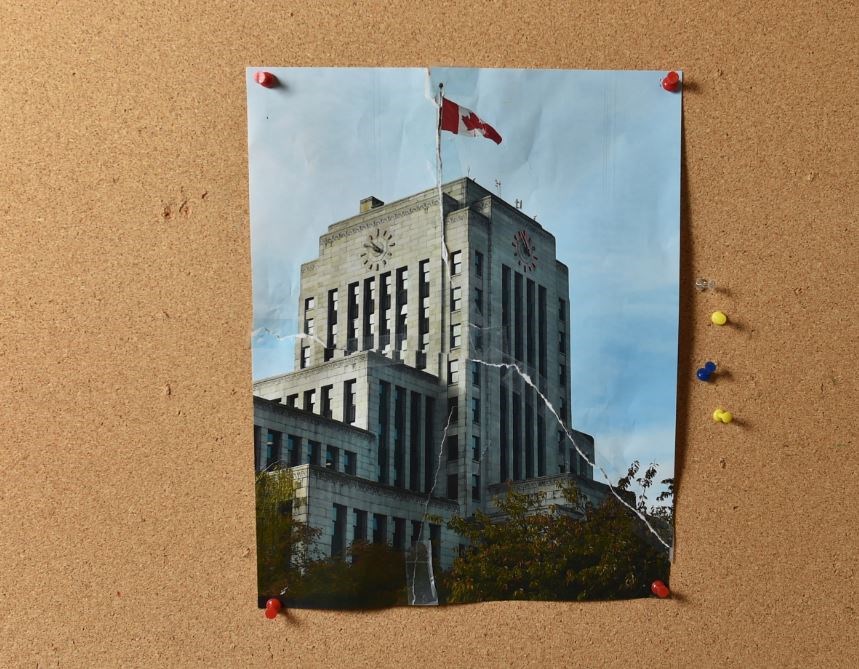As the eternal optimist I know the sun will always rise tomorrow. But I cannot shake the feeling that during 2018 we witnessed the beginnings of something ominous — the sight of our western society dividing along multiple lines.
The uncivil war among liberal Democrats and Tea Party Republicans that has riven U.S. politics has been brewing for decades. Author Robert Hughes discussed the growing tribalism in America in his 1993 book Culture of Complaint. Hughes suggested the Us-versus-Them mentality had been inculcated through four decades of the Cold War.
Bookstores today are filled with titles analyzing our divided society. In her book White Working Class, law professor Joan C. Williams castigates liberal elites for their “class cluelessness” and attempts to shed light into those parts of U.S. society being left behind. In her view it explains today’s divided America and the rise of Donald Trump.
Though the U.S. president practically embodies the divisiveness within his country, he remains popular among approximately 40 per cent of voters in spite of near daily scandals being reported about his administration.
In the U.K., we are witnessing political chaos and a societal divide among the Remainers and the Brexiteers, with deep-seated cultural differences having the potential to tear the country apart. Like with the U.S., the Brexit divide pits educated and urban “elites” against their less advantaged countrymen living in outlying communities.
In France, we see the "les gilets jaunes" (the yellow vests) take to the streets, destroying property and clashing with police, triggered apparently by new fuel taxes put in place as a commitment to the international climate change accord.
As with Brexit, the roots of the yellow vest protest stem from a resentment over government policies that people feel ignore the underclass.
These are merely examples from the world’s leading economies. Imagine what happens where the differences in society are much starker.
In Canada, in B.C. and even in Vancouver it is easy to see how the seeds of division are being sewn here.
The heightening rhetoric in advance of next year’s federal election has focused on hot button topics such as immigration and the proposed national carbon tax. It can only become more intense as the fall campaign approaches.
Here in B.C., it has been disconcerting to watch the occasionally ugly debate over electoral reform and whether to adopt some form of proportional representation. Polling has suggested a dead heat exists between the No and Yes side. With the bar lowered to 50 per cent plus one, I expect the results will exacerbate the split between the province’s urban and rural voters, no matter the outcome.
In Vancouver, an alarming narrative is emerging around geographic, class and cultural differences within the city.
One of the more heated rows surrounded the Chinatown development at 105 Keefer St. On one side you had the developer and the city. On the opposite side there were activists demanding respect for the community’s social and historical significance. Neither side found common ground, and the project remains in limbo.
Thanks to a new provincial property tax on homes valued over $3 million, a more profound anger is on display between the owners of West Side residences and those struggling in today’s costly housing market. This is classic divide-and-conquer politics, and it never ends well.
As with the provincial government, Mayor Kennedy Stewart proposes changing Vancouver’s electoral system, suggesting that dividing the city into wards will make for better politics here.
What wards will surely do is give a means to pit communities against each other, and potentially enhance the wedges within the city’s society.
How we will buck this trend toward division is anyone’s guess. It will clearly take the kind of leadership that is in short supply today, the kind that listens and brings people together rather than cleaves them apart.
With critical elections happening in Canada, Alberta and possibly, as some predict, in British Columbia next year, it is my hope for 2019 that the forces which hold Canadians together can endure their biggest test yet.
mike@mikeklassen.net



